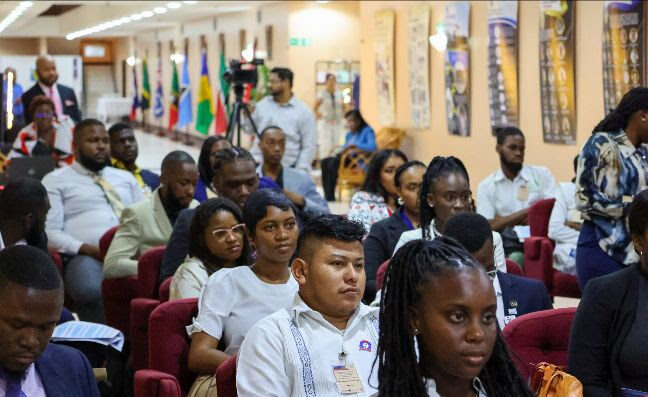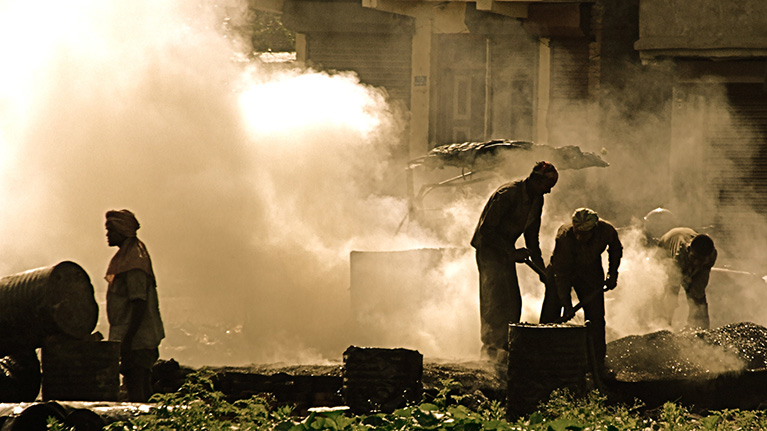BOGOTÁ, Colombia, Sept. 15, 2014, CNS – The eighth Latin American and Caribbean Carbon Forum closed with an urgent call to the governments of the region to prioritise the climate agenda.
National and international experts showcased environmentally friendly initiatives during the three day event and emphasised the need to shift to low-carbon economies.
“The Forum promoted opportunities and public-private partnerships that encourage efficient and competitive projects, that facilitate the move by our countries towards low carbon economies, and enable us to adapt to the new conditions imposed by climate change,” said Ligia Castro, director of
Environment and Climate Change at the Latin American development bank (CAF).
The event, attended by 700 exhibitors and participants, was also important in feeding into what would be the draft agreement to come out of the Conference of the Parties in Lima, Peru in mid- December, to be approved at COP 21 in Paris in 2015.
“I am impressed by the Latin American and Caribbean region’s involvement in dealing with the climate change issue. Its proactive search for solutions to put a price on carbon and its interest in the carbon market and market based tools like the Clean Development Mechanism is very promising in the
run-up to the Lima Conference in December”, said John Kilani, director, Sustainable Development Mechanisms programme, United Nations Framework Convention on Climate Change secretariat.
Major Latin American private sector companies again sent a strong message to governments to put a price on carbon.
“The region has become a hub of innovation, including green transportation systems, clean energy, insurance against natural disasters, and forest conservation programmes. We won’t see the necessary investments in clean technologies without a robust price on carbon, however ,” said James Close, Climate Group director for Policy and Finance at the World Bank.
For experts attending the Forum, generating support for sustainable development initiatives will prove difficult unless an agreement on the price of carbon is reached.
“This year’s Latin American Carbon Forum saw a powerful show of force from the Latin American business sector, whose enthusiasm and creativity came through strongly in the discussions. This is just what we need for a new wave of action on climate change” said Dirk Forrister, President and CEO of
the International Emissions Trading Association. “The strongest message was that carbon pricing is essential and will be key to prompting new investment in climate friendly projects”, he said at the close of the event.
The forum also showcased case studies, best practices and innovative projects. For example, Costa Rica shared how the country became a leader in carbon markets by establishing a carbon tax 17 years ago.
“This tax, which is currently paid on motor vehicle fuels, has generated more than USD 200 million, which was invested in forest protection, reforestation and indigenous communities, and has generated a significant amount of rural wealth in the poorest areas”, said Alvaro Umana, former Minister of Environment of Costa Rica.
The eighth version of the Latin American and Caribbean Carbon Forum was held from 3 to 5 September in Bogota. The inauguration was led by Gabriel Vallejo, Minister of Environment of Colombia, and Victor Traverso, acting Director of the Colombian CAF.
CNS/ml/2014



